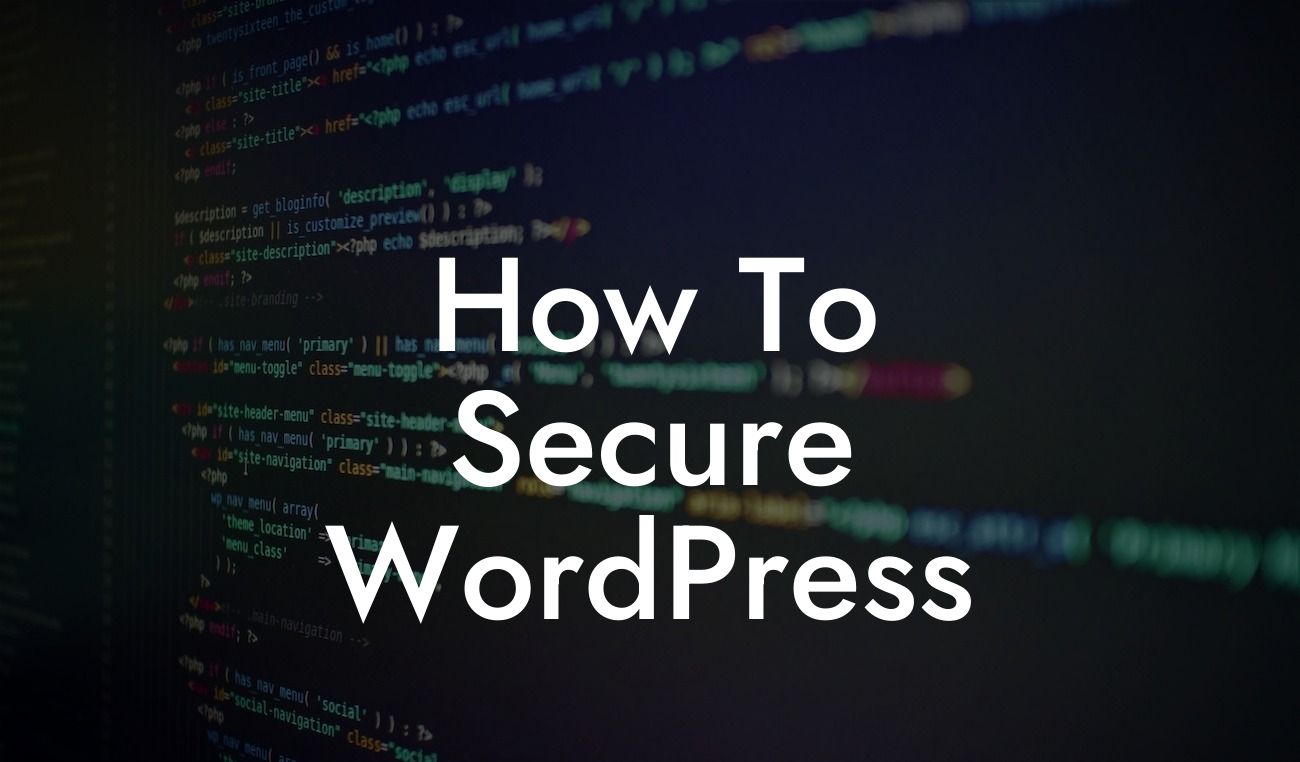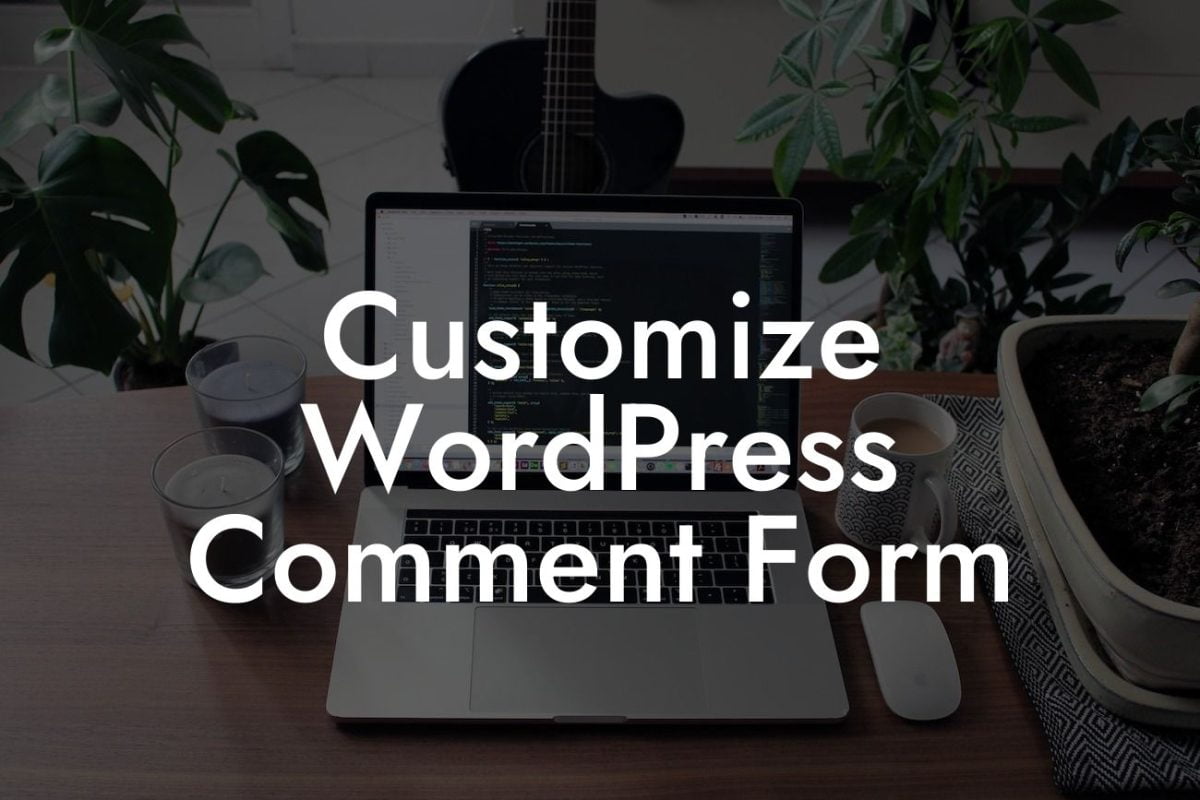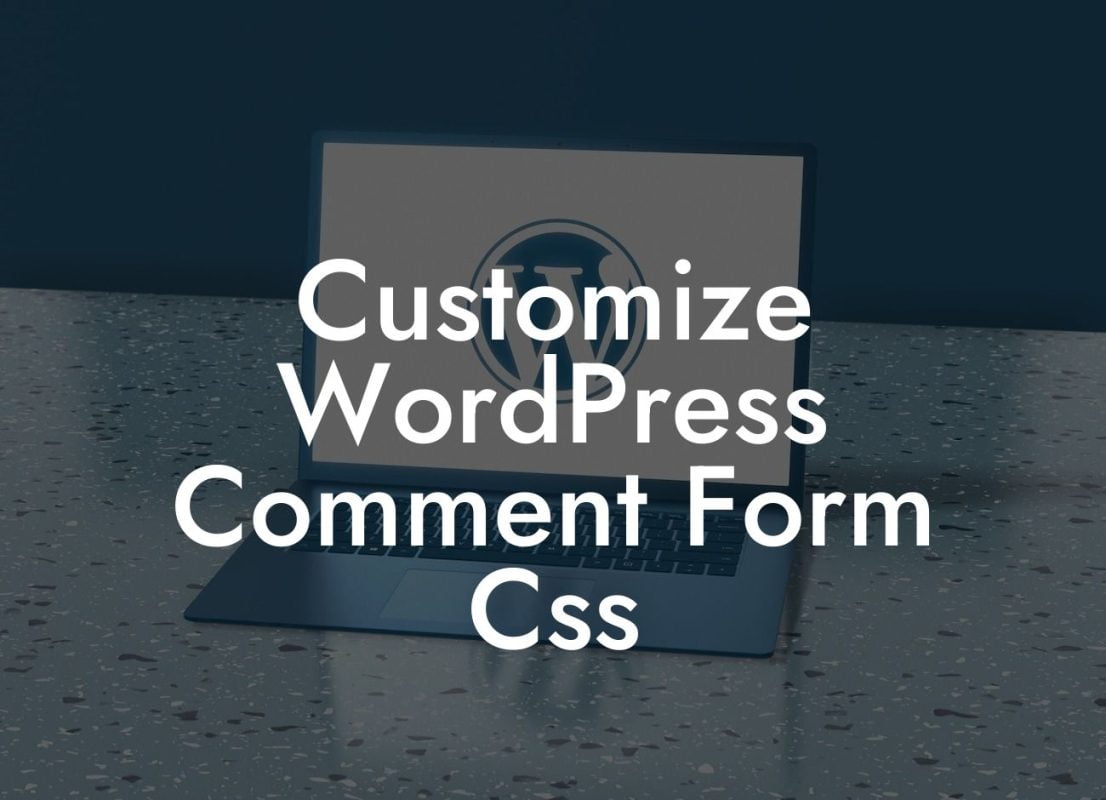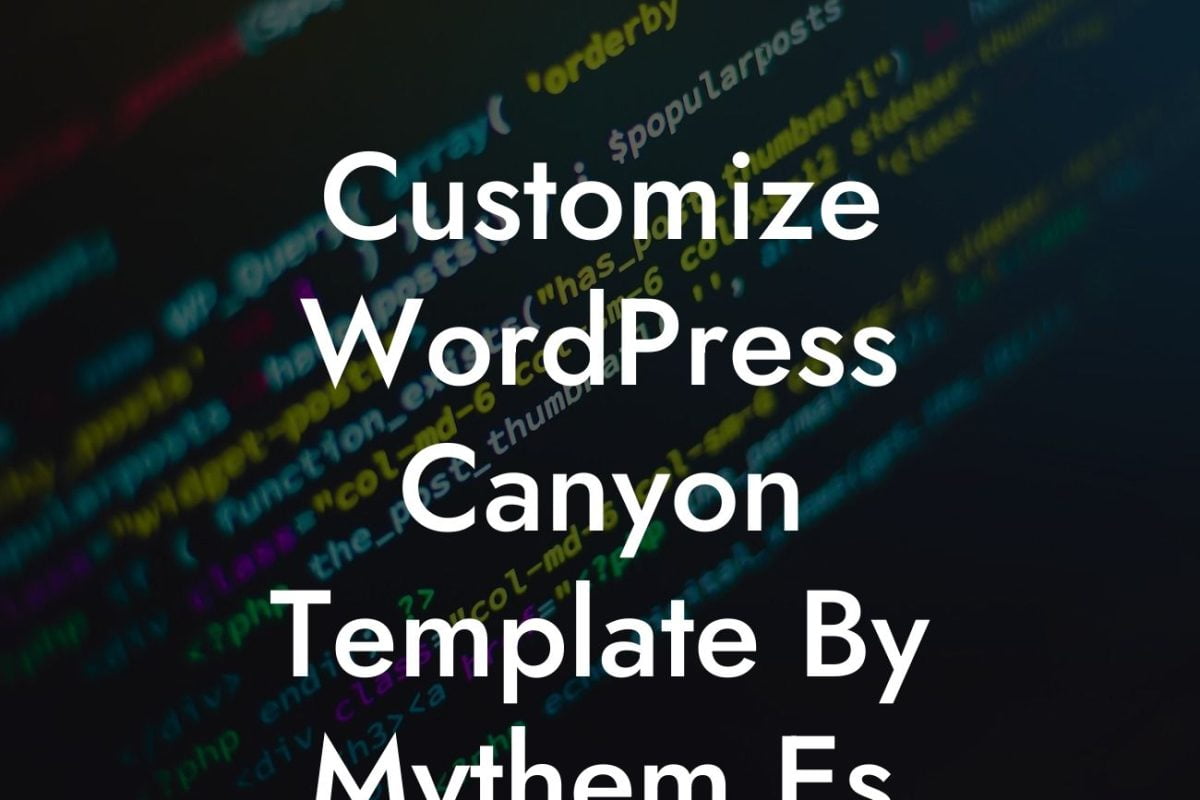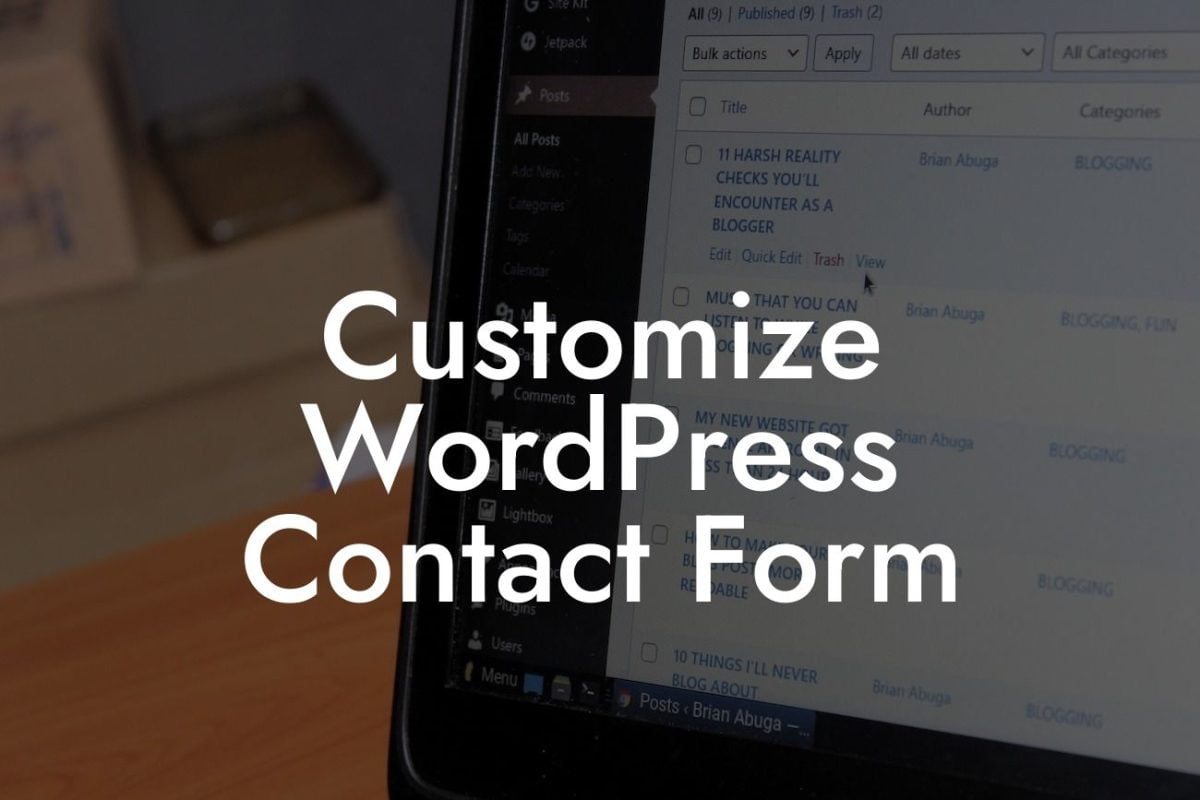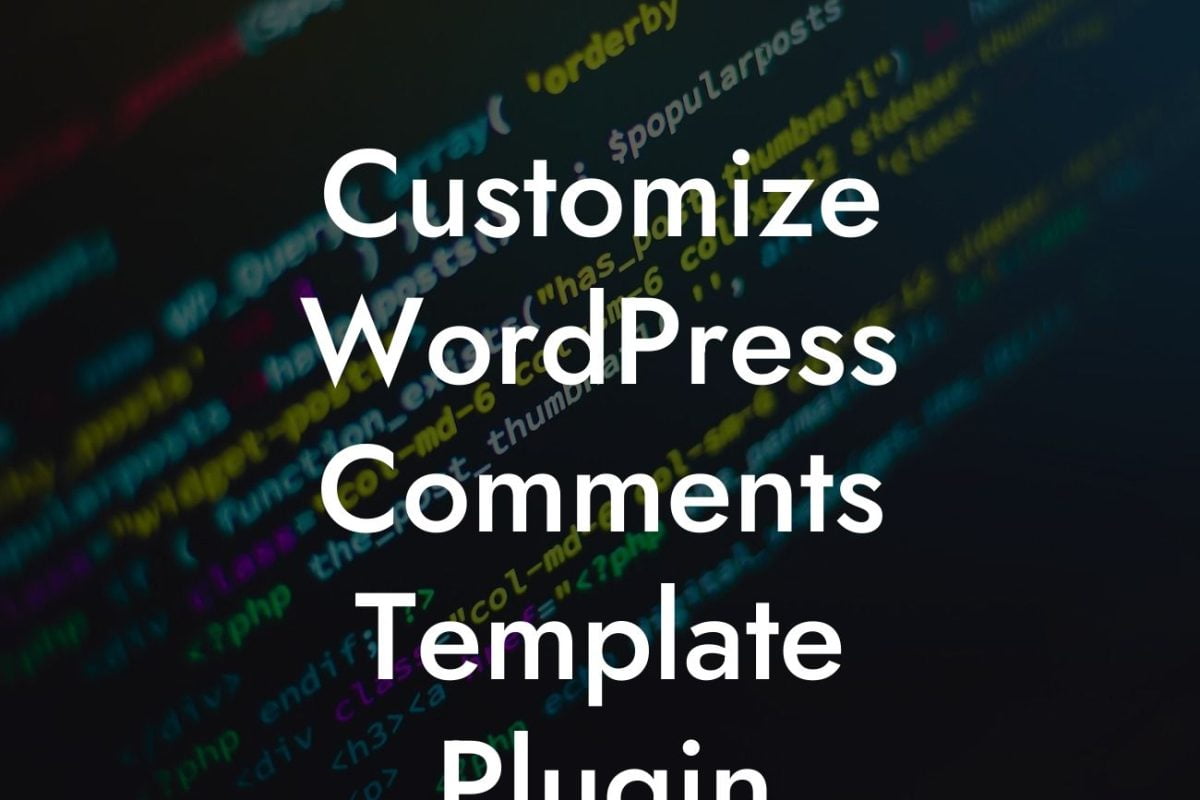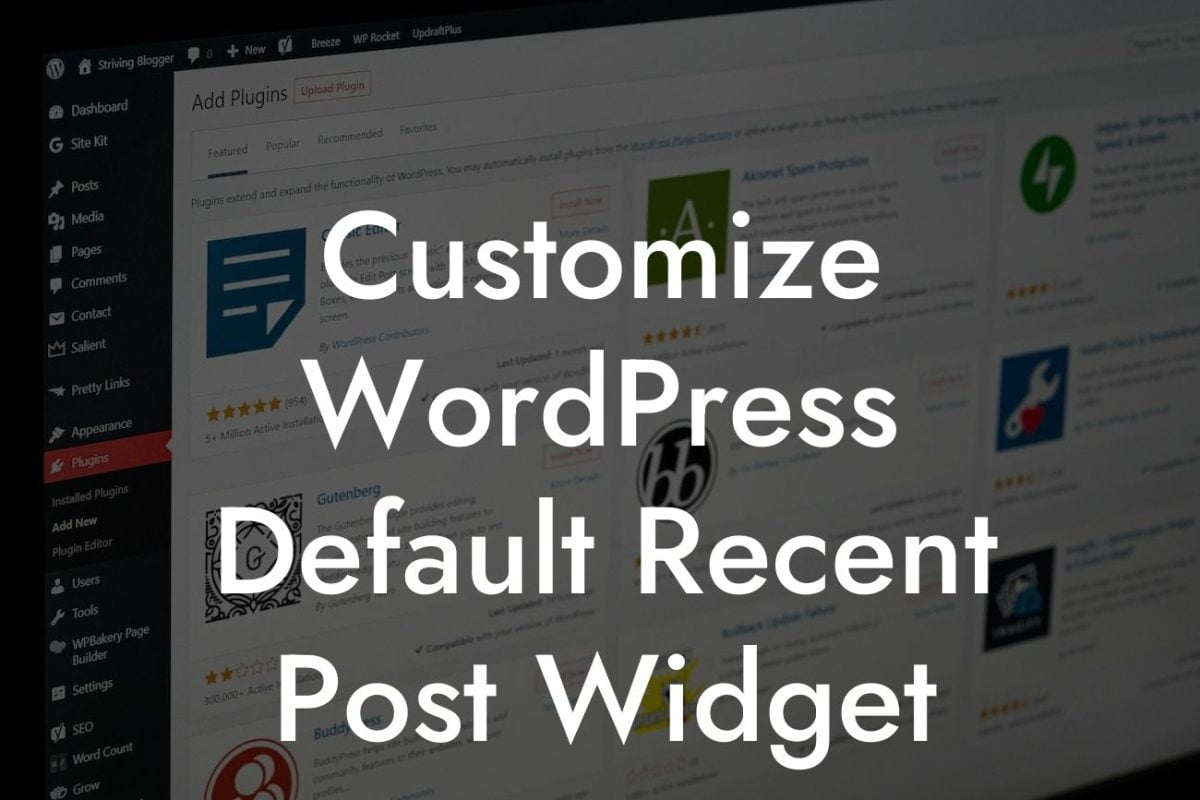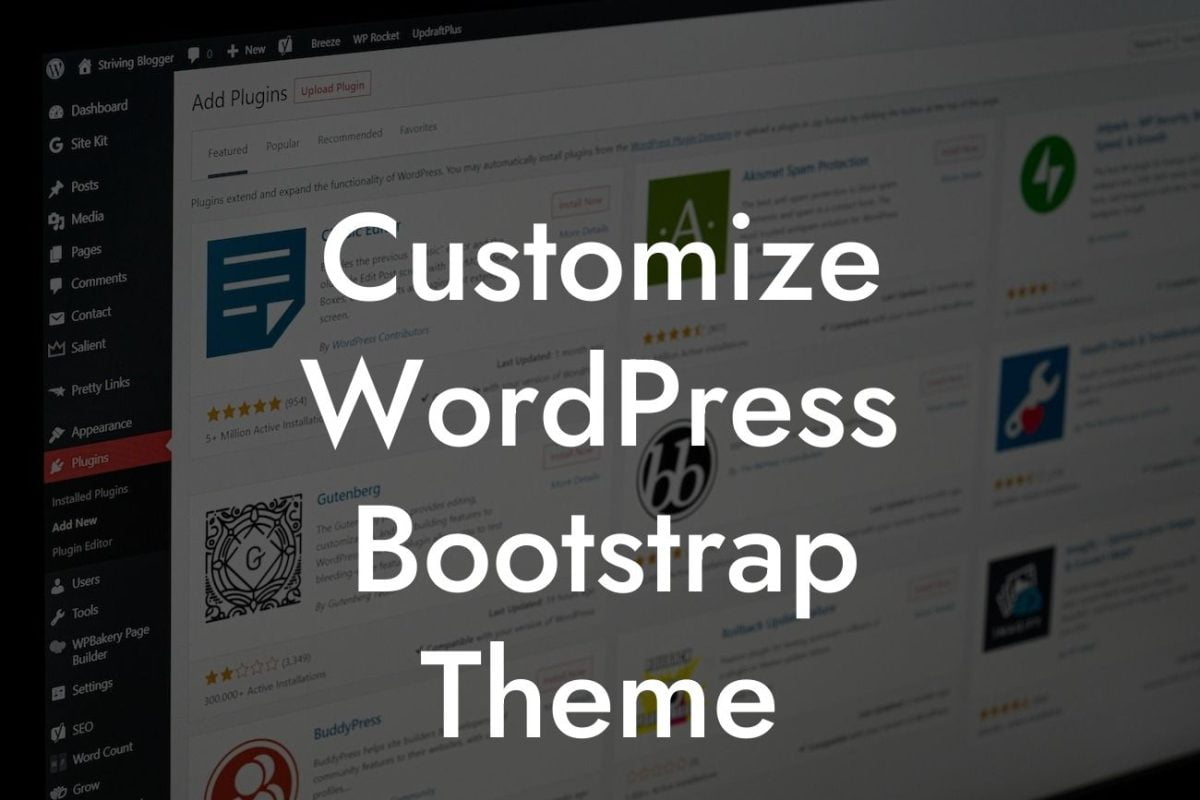Securing your WordPress website is crucial in today's digital landscape where cyber threats are constantly evolving. As a small business owner or entrepreneur, protecting your website from hackers, malware, and other malicious attacks is essential to maintaining your online presence and ensuring the safety of your valuable data. In this article, we will delve into the world of WordPress security and provide you with expert tips, practical advice, and powerful plugins to fortify your website's defenses.
Ensuring that your WordPress website remains secure requires a multi-layered approach. Let's explore the various aspects of WordPress security and the steps you can take to protect your online assets.
1. Regularly Update WordPress:
Keeping your WordPress platform, themes, and plugins up to date is vital for security. Each update includes bug fixes, patches, and enhanced security measures that safeguard your website from known vulnerabilities.
2. Choose a Secure Hosting Provider:
Looking For a Custom QuickBook Integration?
Selecting a reputable hosting provider that prioritizes security is crucial. Look for providers that offer features like secure file transfer protocol (FTP), daily backups, and server-level firewalls to protect your website's data.
3. Utilize Strong Login Credentials:
Your website's login credentials act as the first line of defense against unauthorized access. Ensure that you use a unique username and a strong password that includes a combination of uppercase and lowercase letters, numbers, and special characters. Additionally, consider implementing two-factor authentication for an added layer of security.
4. Limit Login Attempts:
By limiting the number of failed login attempts on your website, you can thwart brute-force attacks. Utilize WordPress plugins that provide functionalities to track failed login attempts and temporarily block IP addresses associated with suspicious activity.
5. Implement SSL Encryption:
Securing the data transmitted between your website and users is vital. Enable SSL (Secure Sockets Layer) encryption to encrypt communication and protect sensitive information. Install an SSL certificate on your website to ensure a secure browsing experience for your visitors.
6. Utilize Security Plugins:
WordPress offers a range of security plugins that can immensely fortify your website's defenses. Plugins like Wordfence, Sucuri Security, and iThemes Security provide features such as malware scanning, firewall protection, and file integrity checking.
How To Secure Wordpress Example:
Let's consider a scenario where you run a small online store powered by WordPress. By following the security best practices outlined above, you can ensure that your customers' personal and payment information is protected from potential attacks. Regularly update your WordPress and plugin versions, choose a secure hosting provider, and employ a security plugin like Sucuri Security to scan your website for vulnerabilities and monitor any suspicious activity.
Securing your WordPress website is essential for the long-term success of your small business or entrepreneurial venture. By implementing the strategies outlined in this guide, you can safeguard your online presence, protect customer data, and stay ahead of potential threats. Explore other guides and resources on DamnWoo to enhance your website's functionality and take advantage of our exceptional WordPress plugins. Share this article with others who would benefit from securing their WordPress websites and join the community of confident, secure website owners.

